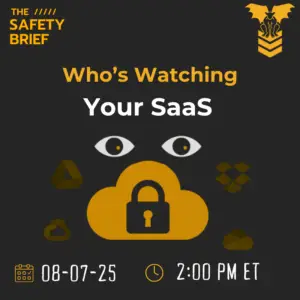Recent cyberattacks on electronic devices have raised serious concerns about the security of personal devices and critical infrastructure alike. The recent Lebanon incident is a strong reminder of how easily technology can be sabotaged, often leading users to not realize it until it is too late. Though this is still a developing series of events from this past week, evidence has yet to point to a bonafide root cause: whether it was malicious code injection, insider threats, or supply chain manipulation, the events this week highlight the ever-evolving importance of staying vigilant with cybersecurity measures.
As reported by various news sources, the Lebanon attack resulted in several injuries, demonstrating the kinetic impact simple everyday devices we seldom think twice about carrying around with us can render. Simple precautions can go a long way: such as solely purchasing electronic devices from trusted suppliers (Original Manufacturer Purchases), regularly updating software, using unique + strong passwords, and securing home networks can make a big difference in protecting personal devices such as phones, tablets, or computers from becoming targets.
Hackers often exploit weaknesses in personal devices, including smartphones and IoT devices like the ever-present Amazon Alexa, Google Home, various video doorbells, and other internet-connected home systems. When compromised, you not only risk your data falling into the wrong hands – but these devices can also overheat, malfunction, or lead to more severe damage to the home. The growing number of attacks on IoT devices poses a serious threat to broader critical infrastructure systems – something the Federal and State departments have identified as a risk and have started to address.
BLOKWORX recently explored this topic on Safety Brief, “Emerging Threats in Mobile Security: Protecting Devices and Applications.” As technology becomes more embedded in our daily lives, so do the risks associated with mobile malware, phishing scams, and IoT security vulnerabilities. These have become prime targets for cybercriminals, making it essential for everyone to adopt best practices when securing their devices.
The Lebanon event serves as a stark reminder that adopting a zero-day security mindset is essential, not just for individuals but for entire communities and businesses. Asking common sense questions like “Where was this device manufactured, where was this app developed, and who has access to data used by the apps on my device” are steps in the right direction towards adopting such a mindset.
The BLOKWORX Safety Brief podcast and livestream dives deeper into these topics, offering advice on how to protect both personal and business devices from these growing threats. Stay informed, stay secure, and tune in for expert insights on how to better protect your digital life.





